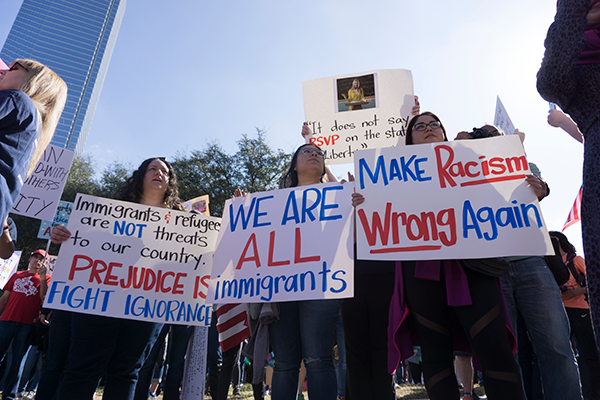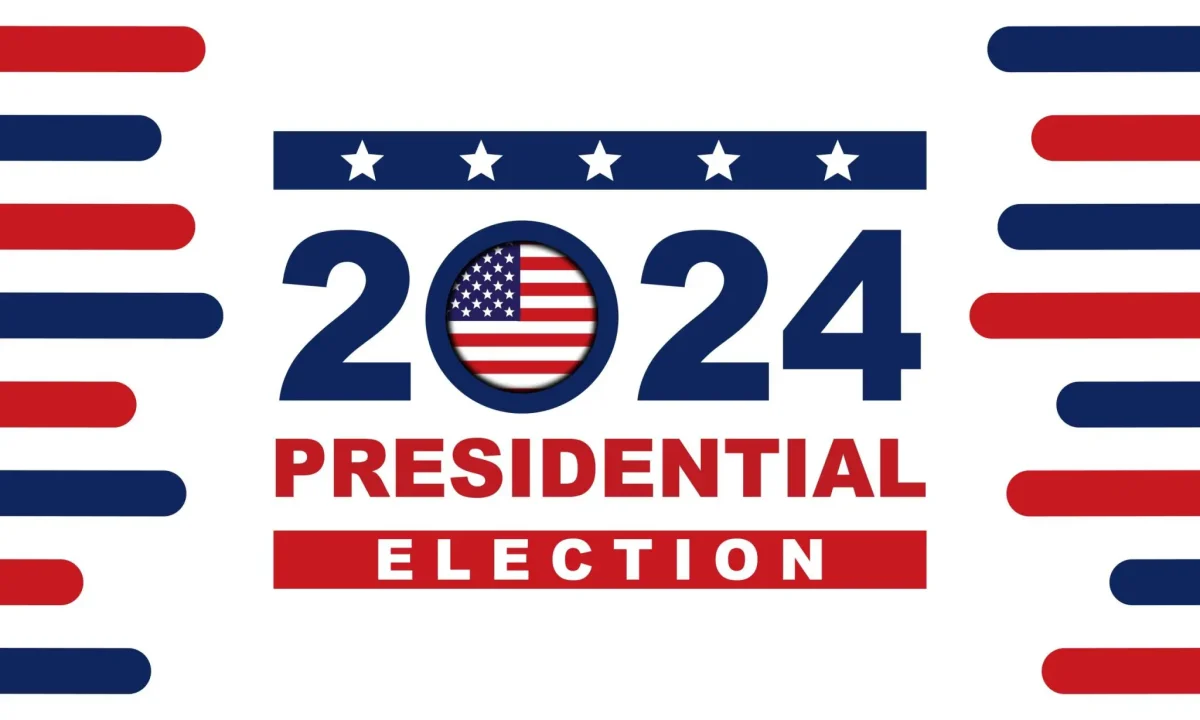By Aji Mariam
DACA is more than a bargaining chip.
America is currently battling a war on immigration that accentuates a divide amongst political entities.
The Trump administration and its allies have led the conversation towards the construction of a border wall between the citizens of the United States and Mexico, a means of deferring illegal entry.
This proposal has been debated, as it has been used to bargain against the resurrection of Deferred Action for Childhood Arrival or DACA, whose recipients are people that have grown on U.S. soil and are in some cases, unaware they were born in another country.
DACA is a means for these undocumented immigrants to legally seek work in our country and contribute to their community.
While DACA is generally believed to primarily serve Latino or Hispanic families, there are a considerable number of immigrants from non-neighboring countries who are DACA recipients..
Though three quarters of DACA recipients are Hispanic, according to Pew Research, the argument of whether a wall should be built to border countries is not a fair gauge for the potential future of non-Hispanic immigrants.
We can combat arguments based on ignorance and hate by studying statistics regarding the conditions of DACA recipients.
DACA applicants must meet specified requirements such as “being enrolled in high school or having a high school degree or GED equivalent, and not having a serious criminal conviction.” Consequently, not just any illegal immigrant can gain access to DACA’s benefits that include, “…a work permit and protection from deportation for two years.”
DACA has also helped recipients gain momentum in their professional lives and contribute to our economy.
According to Center for American Progress, “91 percent of respondents are currently employed.”
One respondent said, “Because of DACA, I opened a restaurant. We are contributing to the economic growth of our local community. We pay our fair share of taxes and hire employees […] It will be hard to maintain my business if DACA ended. I depend on my [social security number] for a lot of my business, such as when getting licenses, permits, leases, and credit.”
The Center for American Progress concluded that DACA will contribute $460.3 billion to the U.S. GDP in the next 10 years, but this progress would be lost should DACA be revoked.
Overall, DACA’s renewal and continuation is of significant importance and must be carefully considered for the future of America.
People have escaped poverty, war and the grasps of tyrannical countries in order to embrace the freedom that America promises. This goes especially for these young children, who should not be held accountable for the past discretions of their parents’ choice of illegally venturing over our borders.
While all DACA recipients entered our country’s borders unlawfully, most recipients were too young to gauge the severity of their actions and the consequences of living on this land without any legal documentation.
Their parents and/or guardians brought them here to secure their futures and have since then established themselves in American society.
DACA recipients or Dreamers, have meshed into and assimilated our Western beliefs, customs and languages and ultimately have no recollection or ties to their native lands.
All of what the DACA recipients know is rooted in our day-to-day culture, a culture that should be shared and diversified.
So when the Obama administration presented the opportunity to get on the right side of the law, they obliged.
During the Obama administration, many Dreamers entrusted their personal information to the government. To potentially threaten the only home they know and pluck them from this country is to hurt their livelihoods.
Now, the Trump administration is on a rampage of undoing every thing the Obama administration put in place.
Immigrants from various countries are now awaiting legislation that could gravely affect the outcome of their lives.














